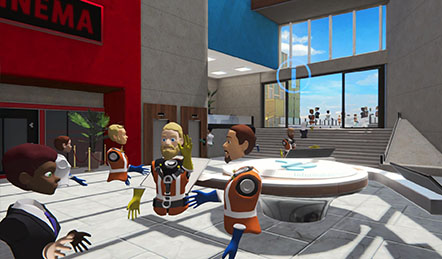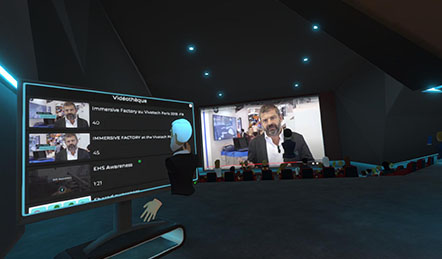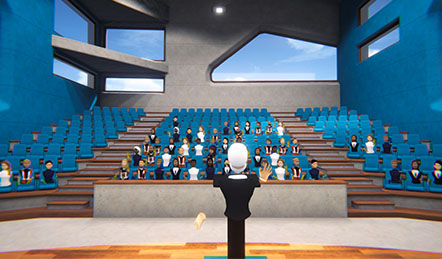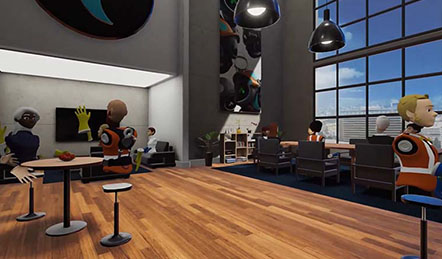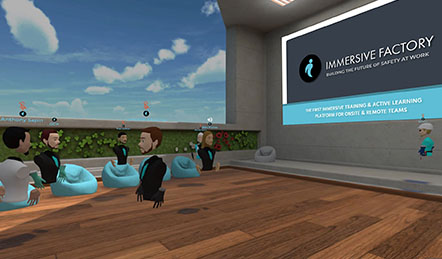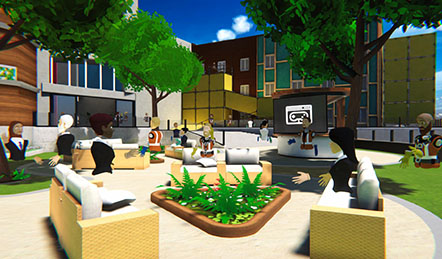The university is an institution of higher education, that includes study and research centers, library, media library. Its status is either private or public and its primary mission is to participate in the development of the skills of individuals.
The e-learning market, also called virtual learning, is now 22 years old and continues to grow in the university sector. Between 2015 and 2025, the size of the e-learning market is expected to double to reach $ 325 billion, the use of new technologies and virtual learning continues to grow.
The Covid 19 crisis has had a real impact on pedagogy and has forced a large number of schools, universities and training centers to abandon face-to-face teaching in favor of virtual classes (Bonfils, 2020) (Daniel, 2020). This has resulted in the massive use of videoconferencing-type technological tools like Zoom. This has opened up perspectives in terms of teaching practices (Lépinard, 2020).
Future trends:
Higher education institutions will soon start implementing virtual learning tools : VR (virtual reality) and AR (augmented reality) in their medium-term programs. This is already the case for medical students at Fisk University in the United States. The objective is to strike the right balance in order to strengthen the impact of the courses on those who receive them. (*source)
- The use of e-learning can increase student retention rates by 25% to 60%. (Forbes)
- 10 of the largest educational institutions in the world enroll as much as 20% of all online students. (Ed Surge)
- 57% of students are assigned personal mobile devices for school use. (Tomorrow). Virtual classes can be a real highlight as a real challenge for some students who are not very focused during online classes and tired of virtual contact.
- For 86% of online degree graduates, the value gained from their online degree exceeded or equaled the cost they paid for it. (Learning House)
- 7% of students enrolled in a bachelor’s degree shifted to online education in 2020.
- 81% of US college students agreed that digital learning technology was helping them improve their grades. (source)
- 43% of academic institutions offering higher education invested in new distance education resources to equip for remote instruction.
- 67% of remote learning students use mobile devices such as smartphones and tablets to complete their coursework. (source)
- All 8 of the Ivy League schools have already adopted online education. (source)
- In 2019, 8% of people aged 16 to 74 in the EU reported that they did an online course in the last 3 months. Compared with 2010, the share of people doing an online course doubled from 4%. (source)
- Young people, aged 16 to 24, are generally doing online courses more frequently than the average adult population. (source)
- According to a survey, 24% of students had already experienced distance learning prior to the Spring 2020 lockdown with, of those, approximately 60% viewing the experience as positive or very positive. (source)
- When asked about their imposed experience during lockdown, only 35% of students view the experience as positive. (source)
How Immersive Factory’s solution helps overcome this challenge:
Immersive learning thanks to a more attractive platform than just a video zoom or google meet, allows engagement and better retention through experience. A 3D virtual environment close to a video game helps to stimulate student motivation. The student is empowered and his concentration is required since he is placed at the heart of the action in this virtual world : the concrete experience grabs his attention. The challenges are also to open doors to the world of virtual work to future students: the job market of tomorrow.
How Immersive Factory’s solution helps overcome this challenge:
The virtual campus is an inclusive platform designed for socialization and interaction and which promotes well - being since it is adapted to each need or each constraint of virtual users (disability, languages, way of working, etc.) It can accommodate several dozen students or several hundred on different campuses, and facilitates the organization of all kinds of events, conferences, formal and informal ensuring a social bond. A unique and innovative experience where users can come and work together in a fun and friendly way.How Immersive Factory’s solution helps overcome this challenge:
A totally immersive environment without stress, alternating work and relaxation areas: classrooms, meeting rooms, patio etc with an aim to mprove engagement, participation, satisfaction, experience. Engagement and participation tools in each room: poll poll, chat box, pdf viewer, cinema to present youtube videos, etc to gather students' opinions and improve the pedagogical approach if necessary.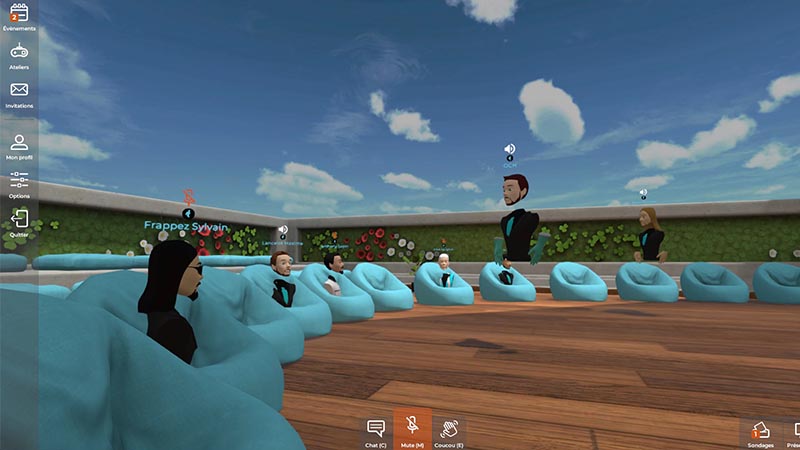
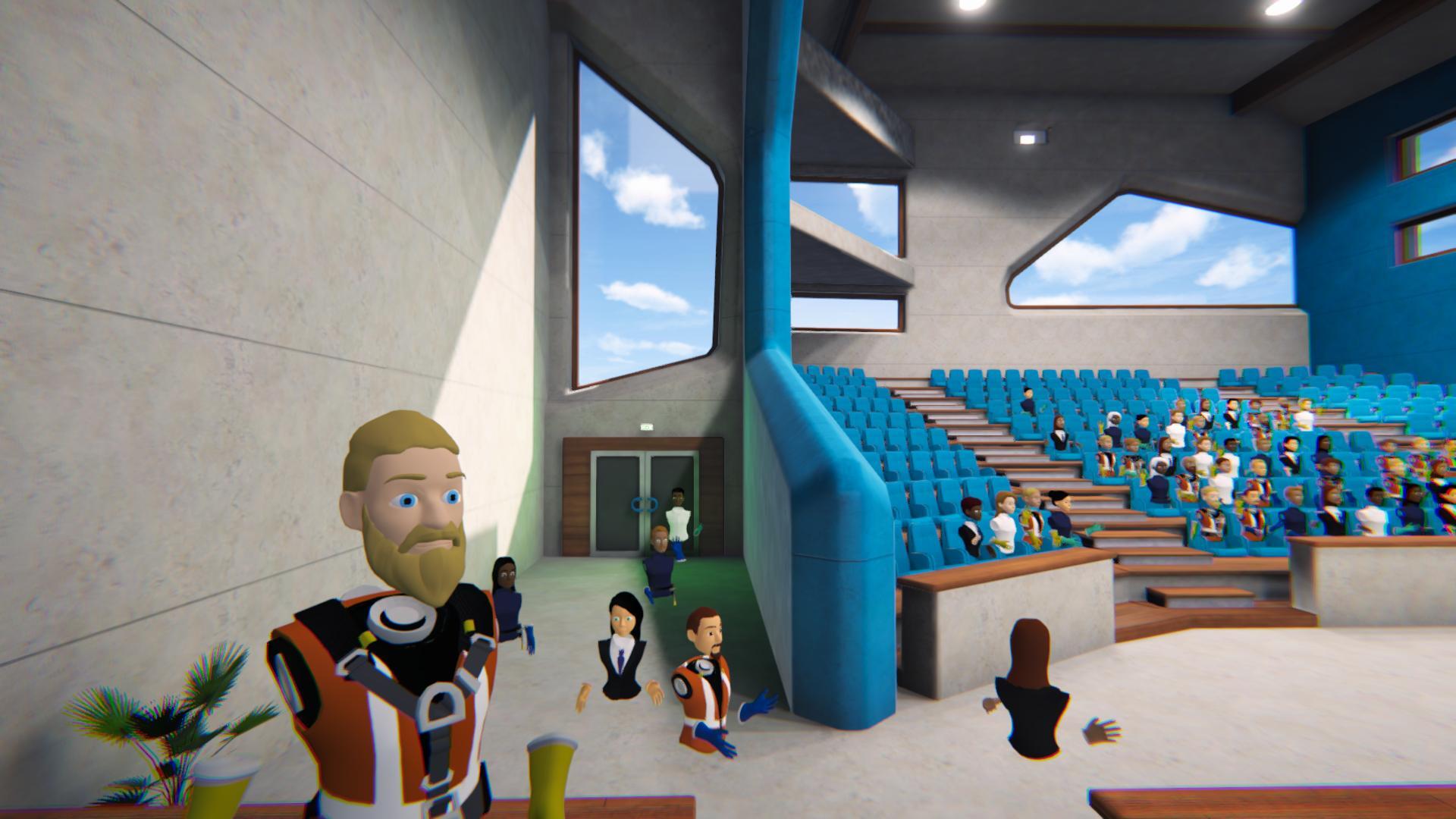
How Immersive Factory’s solution helps overcome this challenge:
The use of serious games (or educational games) in remote and virtual mode available whatever the time, the place allows great flexibility, in particular that of associating a traditional training in order to break with the routine and in fine, to arouse the interest, curiosity and the development of a learning ultimately while sticking as closely as possible to the evolutions and concerns of the business. Active pedagogy in a stimulating and virtual environment increases the chances of successful learning paths.Opt for a digital learning journey with the virtual campus
A 100% virtual space, immersive and collaborative to stimulate your training. Key in hand, playful and simple to deploy, the virtual campus is an ideal tool to organize, whenever you want, your training and events remotely. Personalize the campus to your image, set up your avatar, exchange and explore our many spaces: meeting rooms, conferences, training, cinema, ....
They trust us


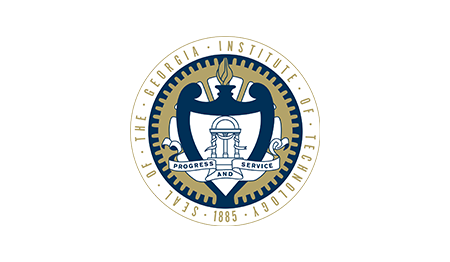
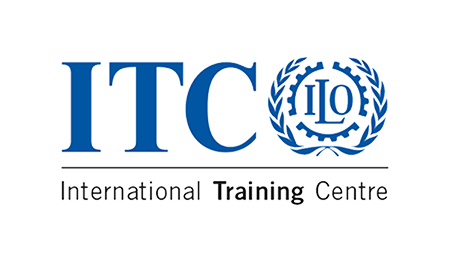
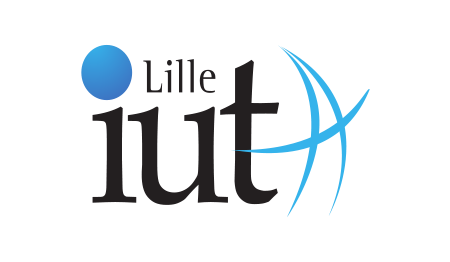
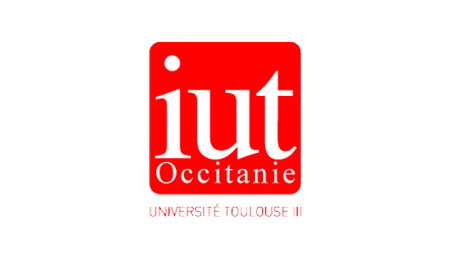
Discover the testimony of the Mines Albi Alumni association which organized a successful event on our virtual campus:
A Successful Event On The Hub - Testimonial
About Mines Albi AlumniMines Albi Alumni is the association of alumni of the IMT Mines Albi engineering school. The school depends on the ministry of industry and is part of the Mines-Telecom Institute (IMT) which is today the first group ...
See more
Raphaël Oger, Head of the communication division, IMT Mines Albi Alumni
« The participants were pleasantly surprised by our event on the virtual campus of Immersive Factory as they expected a one-direction event as often seen on standard platforms. Overall, from the participant point of view, the event exceeded all expectations. They [the participants] were definitely satisfied with the solution we found thanks to Immersive Factory. »




